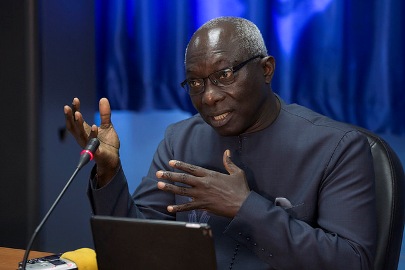Over 50, 000 South Sudanese fled to Uganda last month: U.N
February 7, 2017 (KAMPALA) – At least 52,000 South Sudanese fled the country into neighbouring Uganda in January alone as continued fighting risks creating a situation of mass atrocities, the United Nations special adviser on genocide prevention said Tuesday.

“President Salva Kiir has made a commitment to end the violence and bring about peace, yet we still see ongoing clashes, and the risk that mass atrocities will be committed remains ever-present,” he said.
The senior U.N official said he was particularly alarmed by the situation in Kajo-Keji where fleeing civilians warned of mass violence.
South Sudan descended into war in late December 2013, leaving tens of thousands dead and over three million people displaced.
The U.N official, however, said despite the serious security situation in the country, access of the its peacekeeping mission to and around Kajo-Keji has been restricted as peacekeepers were initially blocked from accessing the area.
“The freedom of movement of residents has also reportedly been limited. Some have reportedly been instructed to leave Kajo-Keji,” Dieng said in a statement on Tuesday.
“Others who fled their homes and moved towards the border area between South Sudan and Uganda were reportedly intercepted by government forces,” he added.
According to the U.N official, some of those seeking refuge reportedly used a number of informal border crossing points to enter Uganda, as armed groups prevented the use of major roads, forcing them to travel through the bush, without access to food and water.
Various areas in the Equatorias, the U.N said, have been similarly targeted, and some 20,000 people were displaced from Wau Shilluk in Upper Nile last week, following violence that left many without emergency health care, safe drinking water, food and shelter.
In November 2016, Dieng drew attention to the dire situation in Yei River State, following his visit to Yei River town, where credible information suggested that a scorched earth campaign was underway, targeting suspected opposition members and civilian communities believed by authorities to be their supporters.
He reported the expulsion of farmers from their land, looting of property, burning of villages and brutal violence against civilians.
During the African Union summit held in Ethiopia last month, the African Union, the Intergovernmental Authority on Development, and the United Nations expressed their deep concerns, in a joint statement, over the continuing spread of fighting and risk of inter-communal violence escalating into mass atrocities in South Sudan.
(ST)
